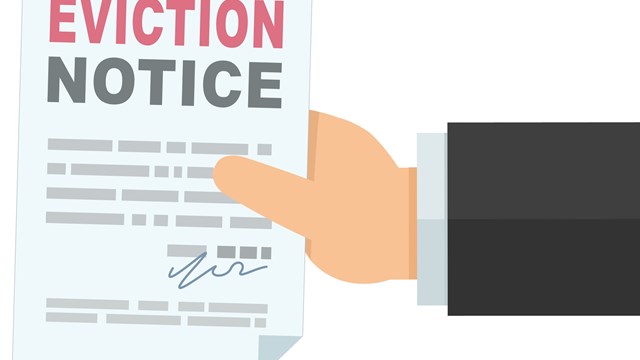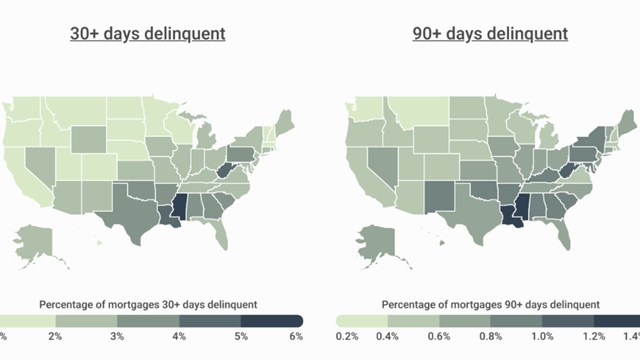The arrival of the coronavirus pandemic in New York City last spring led many owners with the ability to do so to leave the city; some permanently, but many more just temporarily. These individuals decamped to second homes upstate, or in the Hamptons or Berkshires, or to other less-densely populated areas to wait out the worst of the crisis. In the meantime, many of those who left have subleased their condo or co-op units to rental tenants in an effort to defray some of the cost of monthly maintenance fees and other expenses. These unit owners and shareholders have suddenly become absentee landlords, needing to monitor and oversee their substantial investment from afar, usually with little (if any) prior experience in property management.
We all know the old adage about necessity being the mother of invention, and/or reinvention. The upheavals and reorientations brought about by the pandemic have made that statement feel even more true than usual for many - including property managers, some of whom have recognized a need for their services on a very small scale. This concept, sometimes referred to as ‘micro’ property management, handles the administrative minutiae of subletting a single unit within a larger building, offering absent apartment owners and shareholders the peace of mind to focus on their lives and families until they choose to return to the city.
One Example
One company offering micro management is Manhattan-based XL Real Property Management. Unlike more traditional management companies that strictly handle multi-unit properties with anywhere from a few dozen to thousands of residents, the firm offers complete management services to owners of single condominium and even co-op units who have leased or subleased their units and are living elsewhere. Those services include everything from rent invoicing and collection to expense payment, insurance procurement, repair and maintenance issues, board application assistance for new tenants/renewals, unit owner meeting attendance, and an array of other financial and administrative functions.
XL CEO Dylan Pichulik says that his goal is to remove the stress of running a rental property for the unit owners, and to provide a better experience for rental tenants. “We’re available 24/7 for our clients,” he says.
A Timely Arrival
Micro management services are an innovative response to an emergency situation - according to Pichulik, his company has seen a 20% increase in its business across the board since the pandemic began. But it does raise the question: how permanent is this shift from urban to suburban or exurban? Pichulik says he expects that approximately 50% of his clients will be coming back to their New York City homes as the pandemic recedes. Until then, he provides the oversight to keep their most important investment in top condition, legally, financially, and physically.
Eviction Moratoriums
During a conversation with Pichulik, another unique circumstance of the current situation came up: the moratoriums put in place by City and State governments to protect tenants suffering pandemic-related economic and/or health emergencies. The most applicable of these in New York is the Tenant Safe Harbor Act, which was actually enacted in 2019, before the pandemic. Pichulik reports that he has had a number of renters try to invoke this protection during the pandemic to finagle a break on rent, which they might not be entitled to under regulations related specifically to the pandemic. “The most laughable,” he says, “was a tenant who didn’t think it was fair that he had to pay full rent for the condominium he was leasing in Manhattan because he wasn’t living there. He was quarantining in Bora Bora.” Clearly, unprecedented circumstances inspire some to resourcefulness; others, not so much.










Leave a Comment